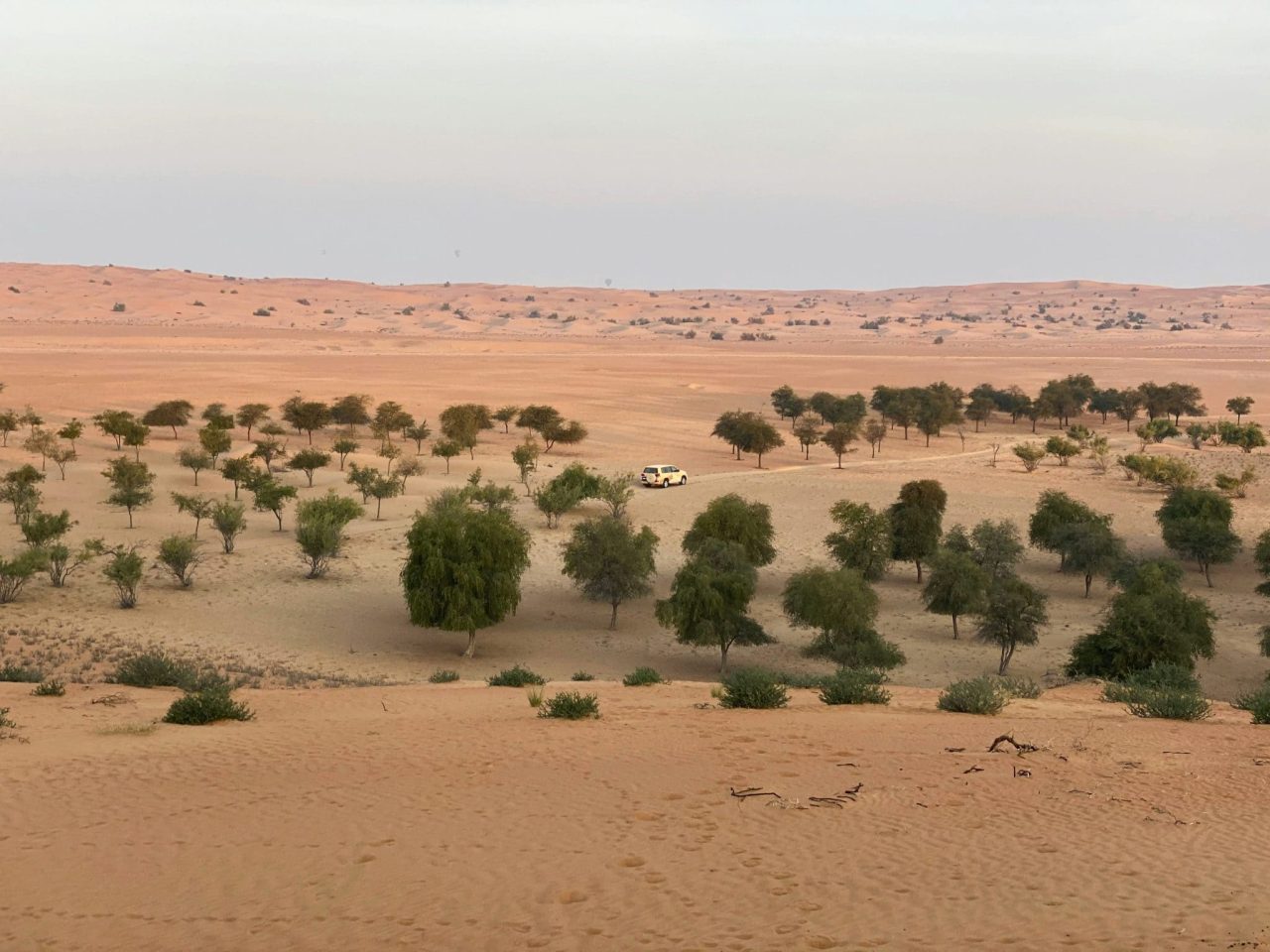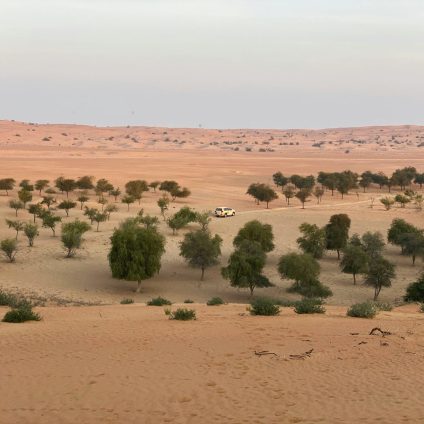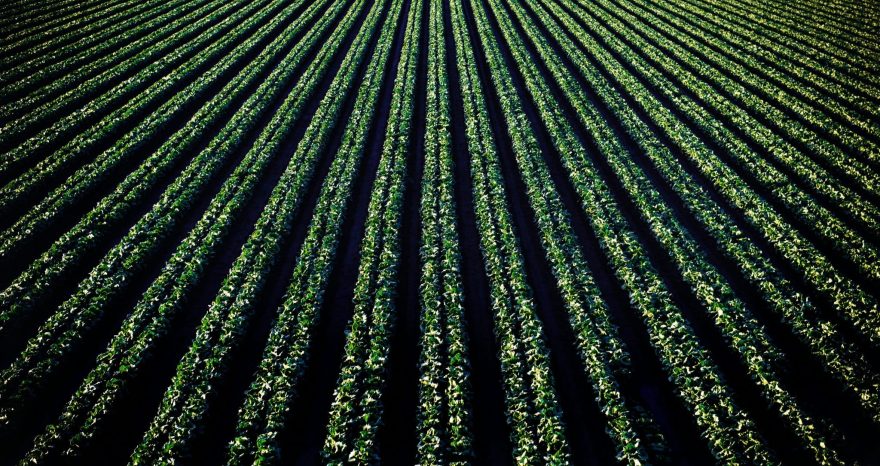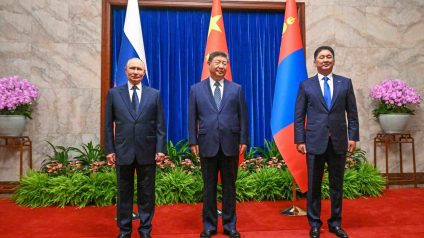Saudi Arabia is reshaping its agricultural model to meet food security goals despite arid conditions. Innovation, technology, and gender equality play key roles.

The Vision 2030 development plan
Agriculture and arid climates may seem incompatible, but never say never. Today, innovation and technology, when aligned with strategic decisions, can achieve what once seemed impossible.
This is the case of Saudi Arabia, a nation facing chronic drought and growing climate vulnerability, now confronting unprecedented challenges to ensure food security in the 21st century.
A recent study, Sustainable farming systems for food security in Saudi Arabia: the synergistic role of agriculture mechanization, farm structure, gender dynamics, and resource optimization, published in Frontiers, examines how a systemic, forward-thinking approach could help the country achieve self-sufficiency in agricultural production.
Limited water and arable land
Saudi Arabia’s climate presents harsh conditions for agriculture. Scarce cultivable land and limited freshwater availability pose severe barriers to the goals of Vision 2030, the national development strategy designed to reduce reliance on oil, diversify economic activities, and expand non-oil global trade.
Among Vision 2030’s objectives is reducing dependence on food imports. But to do so, the kingdom must carve out a viable path for agriculture within its dry climate.
Strategic choices for sustainable farming
The study highlights the benefits of integrating systemic innovation, agricultural mechanization, resource optimization, and shifts in gender dynamics to build sustainable food systems.
For instance, the emergence of women-led agri-businesses represents a meaningful social transformation. It also aligns with Vision 2030’s targets for gender equality and women’s empowerment.
Traditional global farming systems, combined with climate change and unsustainable consumption and production patterns, will worsen food insecurity.
Food security is a global issue. Rising demand for food will place increasing pressure on ecosystems. Further exploitation of natural resources could reduce soil fertility and water availability, leading to disastrous impacts on agricultural output.
It is not just about improving agricultural production, but about ensuring long-term sustainability and food security.
Agriculture and the global food system
Agriculture is a cornerstone of the global food system. It provides not only daily sustenance but also vital ecosystem services.
Sustainable food systems are essential because they:
- ensure efficient resource management
- reduce food waste
- minimize environmental risks
- cut reliance on agrochemicals
- preserve land to grow healthy food
- reduce conflicts related to food access
A transformative shift is needed
A global shift in food production and resource management is imperative.
Over 800 million people worldwide are undernourished, while 1.2 billion are overweight. By 2050, global food demand is expected to rise by over two-thirds as the population exceeds 9 billion.
The challenge is clear: produce more with fewer resources while preserving ecological balance.
Saudi Arabia’s case is emblematic. Its food security depends heavily on imports due to its arid climate and water scarcity.
Growth of the agricultural sector
Even in one of the driest areas of the Middle East, climate change is real. Agricultural productivity, already limited, is declining. By 2050, the kingdom may need to import virtually all its food.
Currently, Saudi Arabia is working to reduce its dependence on oil and diversify its economy.
As a result, Vision 2030 places a strong focus on developing agriculture and its value chain as an untapped growth opportunity.
Partial self-sufficiency despite harsh conditions
Despite significant climatic challenges, the kingdom has achieved self-sufficiency in fresh milk, dates, certain vegetables, and eggs. Agriculture is now the third-largest contributor to Saudi Arabia’s GDP and provides jobs for millions.
The government has launched various programs to improve food security, with an emphasis on water-saving technologies such as hydroponics and greenhouse farming.
It is also increasing agricultural investment to reduce import dependency and is implementing effective initiatives for rural development.
Gender dynamics in agriculture
Globally, women make up 43% of the agricultural workforce, reaching 50% in parts of Africa and Asia.
Yet they face systemic barriers. Limited access to land ownership, agricultural inputs, credit, education, technology, and advisory services hampers their productivity and entrenches poverty and food insecurity.
If women had equal access to resources, agricultural output could rise by 20–30%, lifting millions out of hunger and malnutrition.
While women handle most of the hands-on farm work, managerial roles remain largely male-dominated. Heavy unpaid domestic labor also limits women’s capacity to engage in productive farming.
Women and climate change
Women are disproportionately affected by climate change due to limited access to adaptive technologies and essential resources.
Extended droughts and erratic rainfall threaten their harvests, especially when they rely on traditional farming methods.
When women gain financial independence and control over resources, they often reinvest in their families’ health and nutrition, boosting community-wide food security.
Sustainable food security depends significantly on policies and interventions focused on gender equity, including land reform and greater access to gender-responsive credit and extension services.
Addressing gender inequality in agriculture leads to stronger, more resilient food systems.













